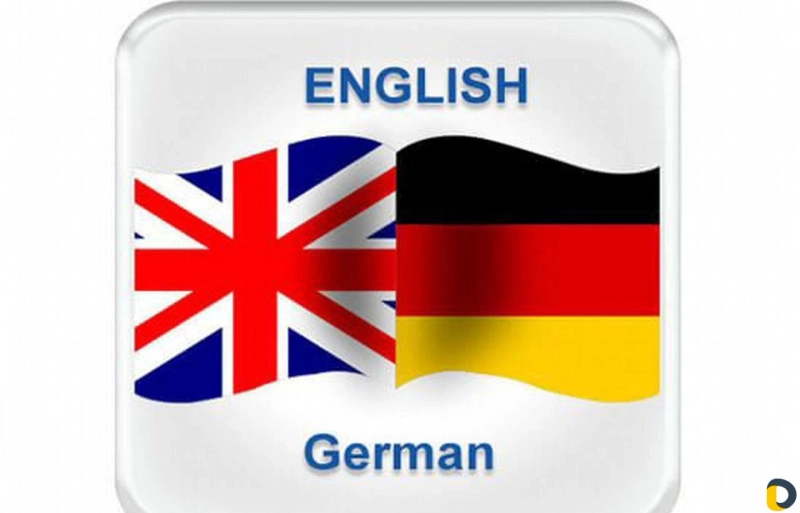Challenges and Opportunities in the German Translation Industry
The German translation industry is a rapidly growing sector, with a high demand for skilled translators who can accurately translate content across a range of industries. However, this industry is not without its challenges, with a variety of factors that can impact the quality and efficiency of the translation process. In this article, we will explore the key challenges and opportunities facing the German translation industry today.
Table of Contents
IntroductionThe Development of the German Translation MarketHow Technology Affects TranslationQuality Control and the Function of Human InterpretersThe Importance of Cultural Knowledge in German TranslationThe Role of Translation in Business ExpansionEmerging Opportunities in the German Translation IndustryThe Future of German TranslationConclusionFAQs1. Introduction
Almost 130 million people use German as their first language, making it one of the most extensively spoken languages worldwide. With Germany's economy ranking as the fourth largest in the world, it is also a significant business language. Because of this, there is an increasing need for precise and effective German translation services.
The German translation market does have certain difficulties, though. From the impact of technology on the translation process to the need for cultural knowledge, there are a variety of factors that can impact the quality and efficiency of German translations. We shall go more into these difficulties and possibilities in this essay.
2. The Growth of the German Translation Industry
The German translation industry is experiencing significant growth, with demand for German language services increasing in a range of industries. This growth can be attributed to several factors, including globalization, international trade, and the increasing importance of online communication.
As more businesses expand into global markets, the need for accurate and efficient German translation services is essential. This demand is particularly high in industries such as technology, legal, and medicine, where accurate translations are crucial for success.
3. The Impact of Technology on Translation
Technology has had a significant impact on the translation industry, with the introduction of machine translation tools such as Google Translate and DeepL. These techniques can be helpful for straightforward translations, but they can't yet match the precision and nuance of human translation.
However, technology can also be beneficial for human translators, with the use of translation memory tools and terminology management systems improving efficiency and consistency. The challenge for translators is to balance the use of technology with their own skills and knowledge to ensure high-quality translations.
4. Quality Control and the Function of Human Interpreters
The role of human translators is still essential in the German translation industry, as they bring cultural and linguistic knowledge that cannot be replicated by machines. The talent and expertise of the translator, however, can have a significant impact on the quality of the translations.
Effective quality assurance procedures must be in place in order to guarantee translations of the highest caliber. This can include the use of peer review, proofreading, and editing, as well as the use of translation management systems to ensure consistency and accuracy.
5. The Importance of Cultural Knowledge in German Translation
German translation is not just about converting words from one language to another – it is also about understanding the cultural nuances and context of the content being translated. This requires not only language skills but also cultural knowledge and awareness.
For example, a marketing campaign that works well in one country may not be successful in another, due to differences in cultural attitudes and values. A skilled German translator must be able to adapt content to suit the target audience, taking into account their cultural background and expectations.
6. The Role of Translation in Business Expansion
For businesses looking to expand into global markets, accurate and efficient German translation is essential. This can help to break down language barriers
7. Growth Opportunities in the German Translation Industry
Despite the challenges facing the German translation industry, there are also many growth opportunities. For example, the increasing demand for translations is driving the growth of the industry, and there is a need for specialized services, such as medical and technical translations.
In addition, there is a growing trend toward globalization, which is leading to an increase in cross-border trade and commerce. This is creating new opportunities for translation services, as companies seek to communicate effectively with customers in different markets.
8. The Role of Professional Translation Services
Professional translation services play a vital role in the German translation industry. These services provide high-quality translations that are accurate, culturally sensitive, and delivered in a timely manner. They also offer a range of specialized services, such as legal and technical translations, which can help companies to achieve their business goals.


